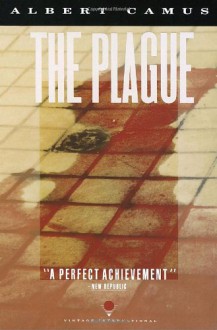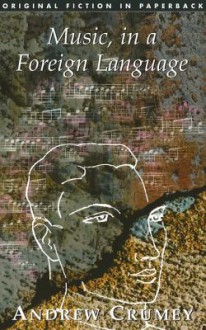
The plague has arrived in Oran, Algeria. As each day passes, the townspeople endure horror after horror. Unable to leave the city, they are separated from loved ones who had left before the quarantine or who have died. Food becomes scarce even though the rich, as always, have enough. Month after month, Oran is separated from the world as some citizens die and the rest wonder when their death will come.
Camus portrays the different stages that people go through in time of crises. First there are complaints that the government isn't doing enough and then complaints that the government has gone to far. In the beginning, there is optimism that the plague will end soon, but after months with no respite, hope fades and lethargy and resignation take over.
I understand that Camus wrote absurdest literature. I'm am not sure what that is. I do know that Camus did not believe in God and this book resonates with the hopelessness of a world without God. Several men are searching for the meaning of life, but can't find the meaning because they left out the Creator. One man says, "what interests me is learning how to become a saint." His friend replies, "But you don't believe in God." The first man says, "Exactly! Can one be a saint without God?---that's the problem, in fact the only problem, I'm up against today."
Albert Camus was awarded the Nobel Prize for Literature in 1957. His writing is crisp and introspective. The book is worth reading just for the psychological processes that a group of people experience during the time of tragedy. It also helps understand a little bit of what West Africa is experiencing with Ebola.


 Log in with Facebook
Log in with Facebook 








